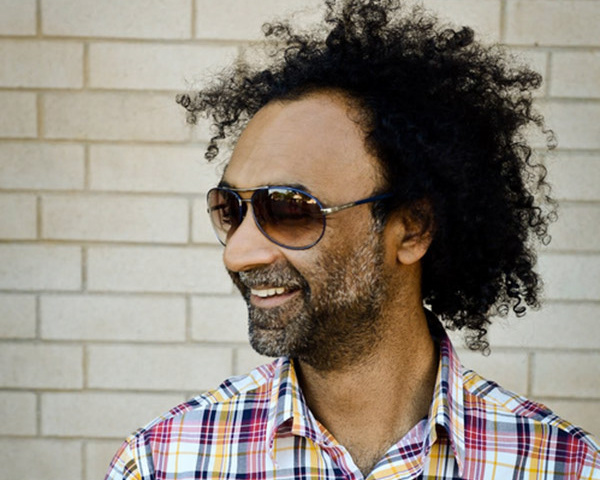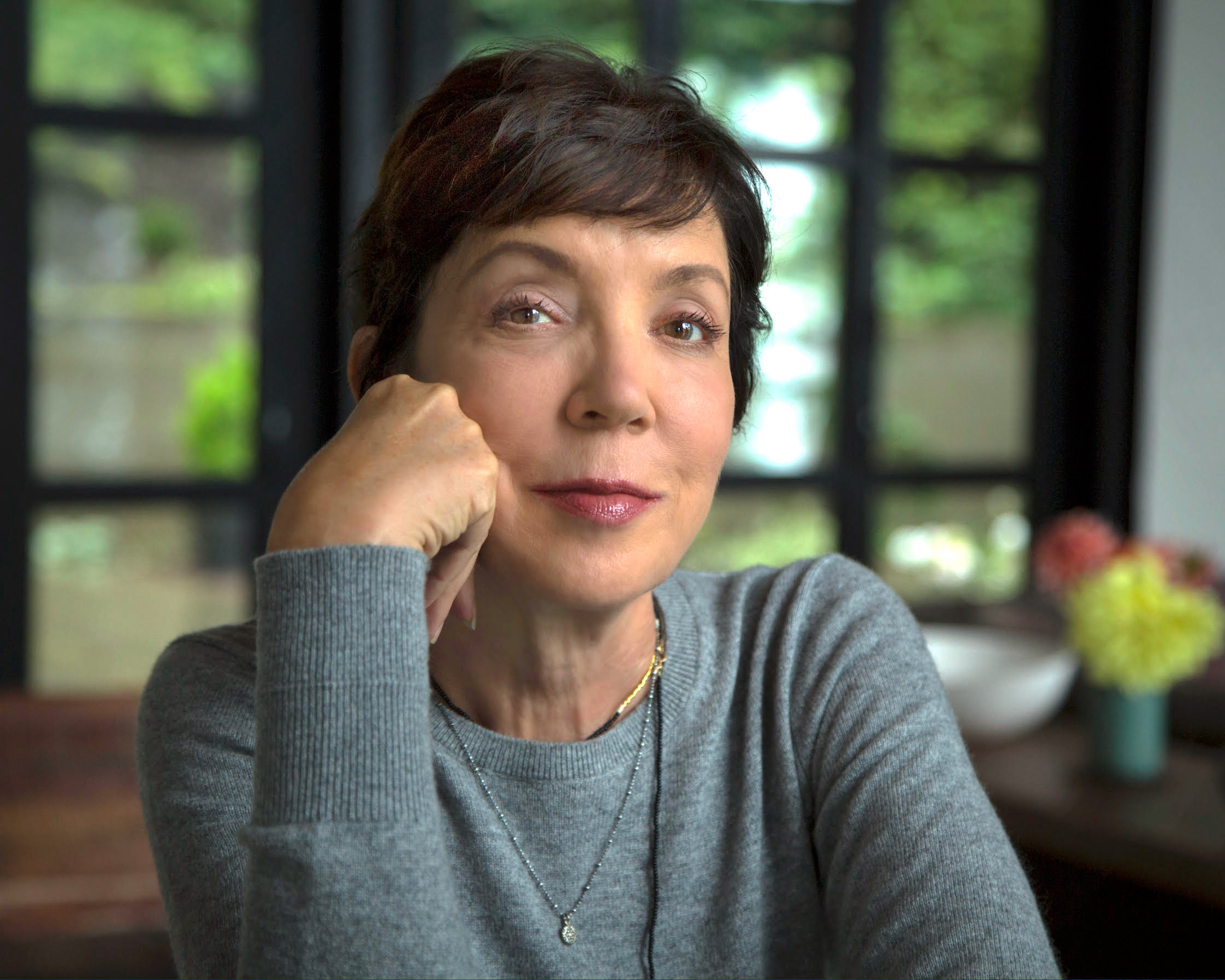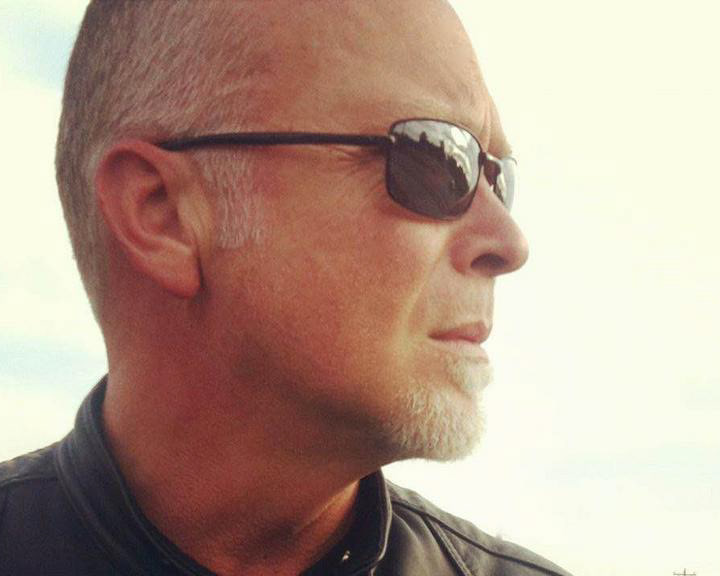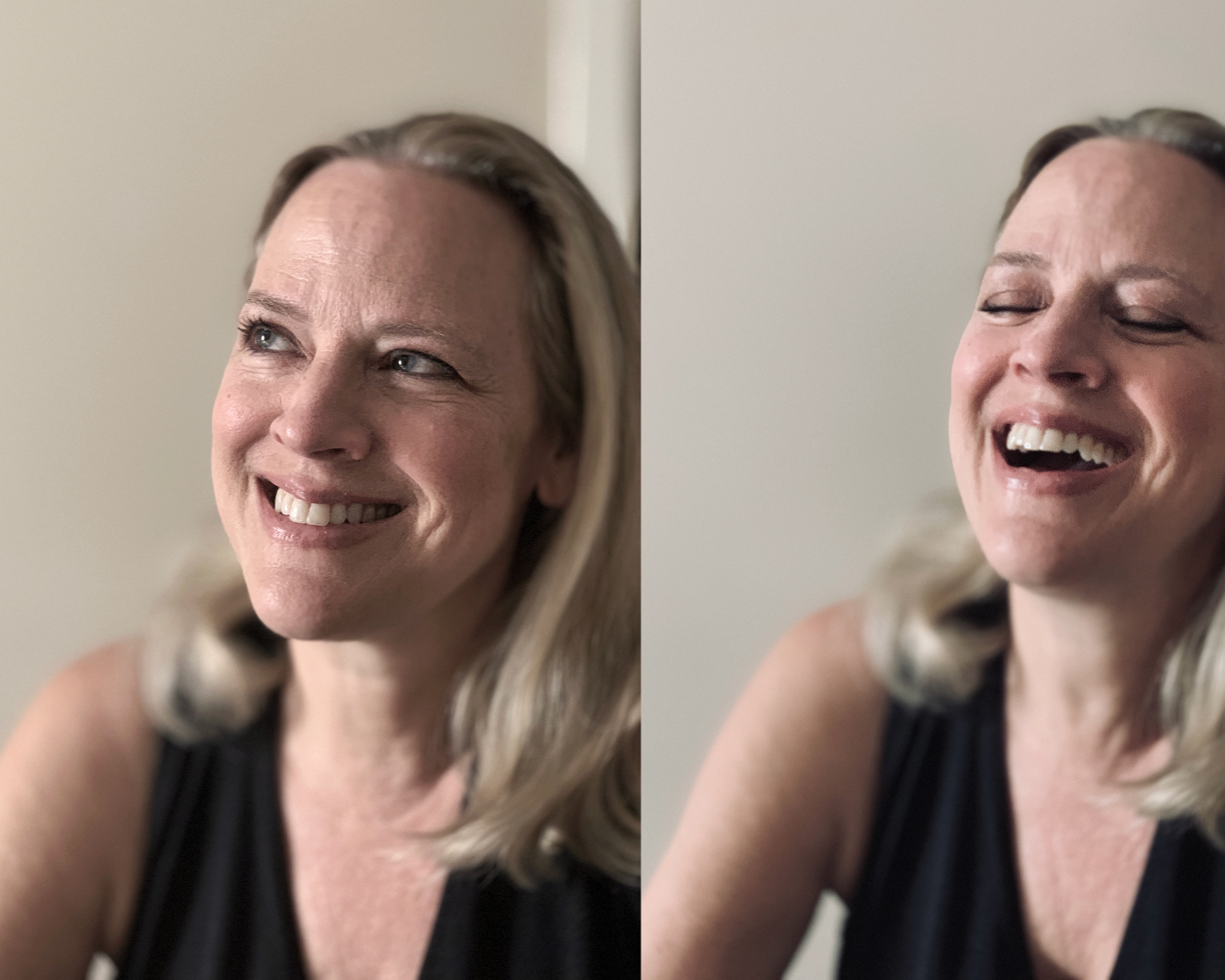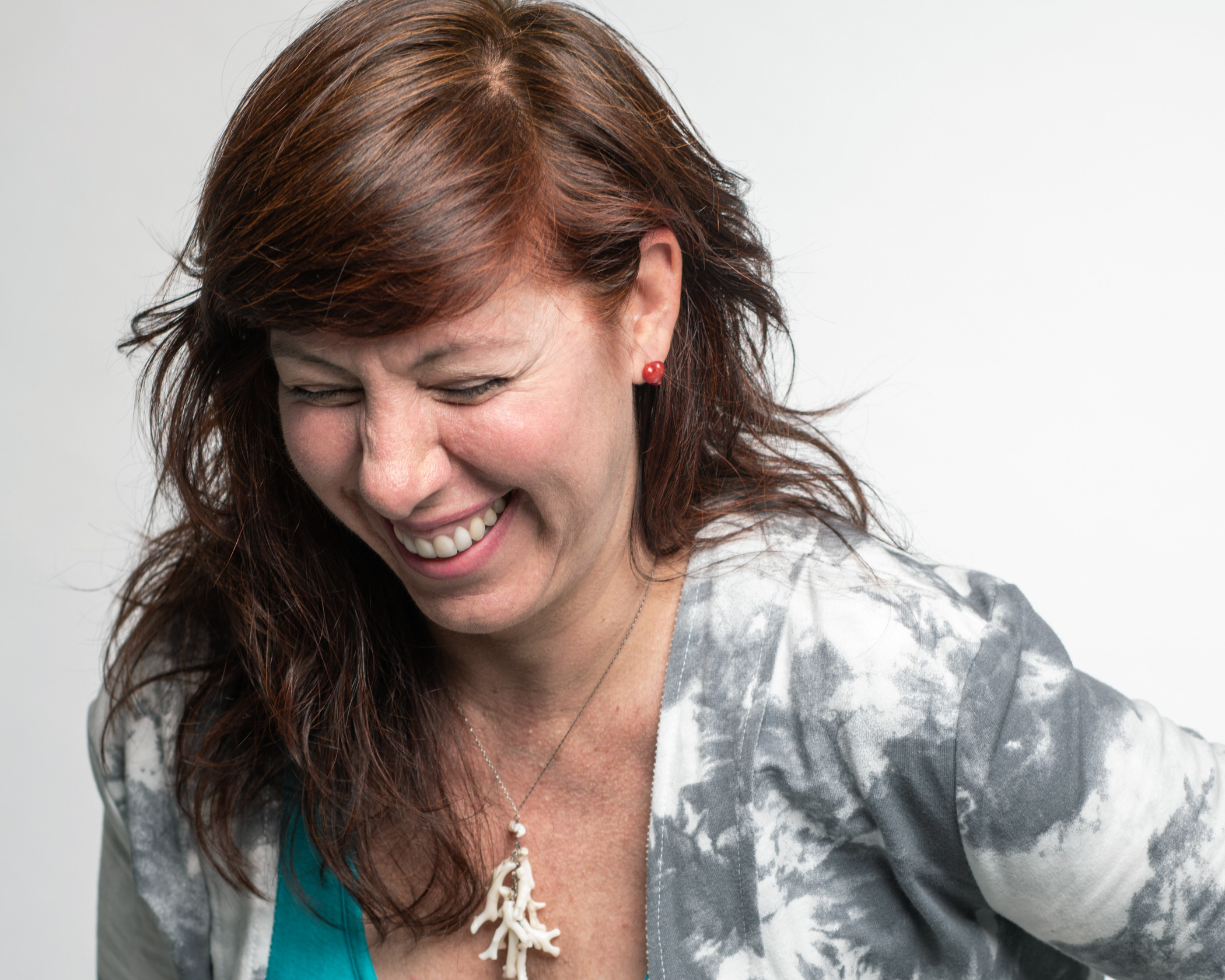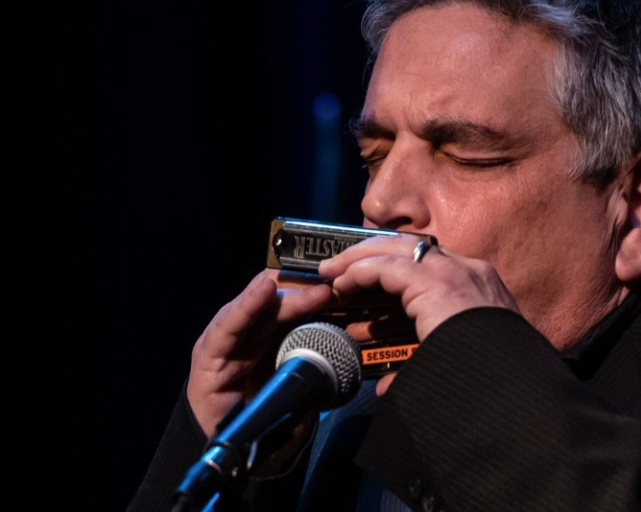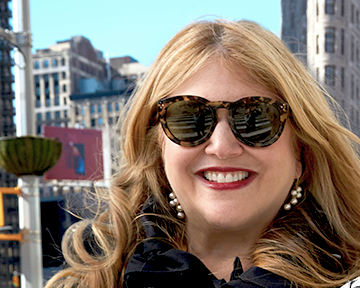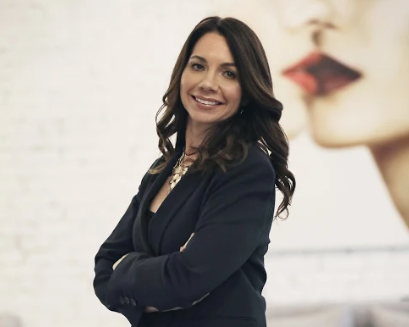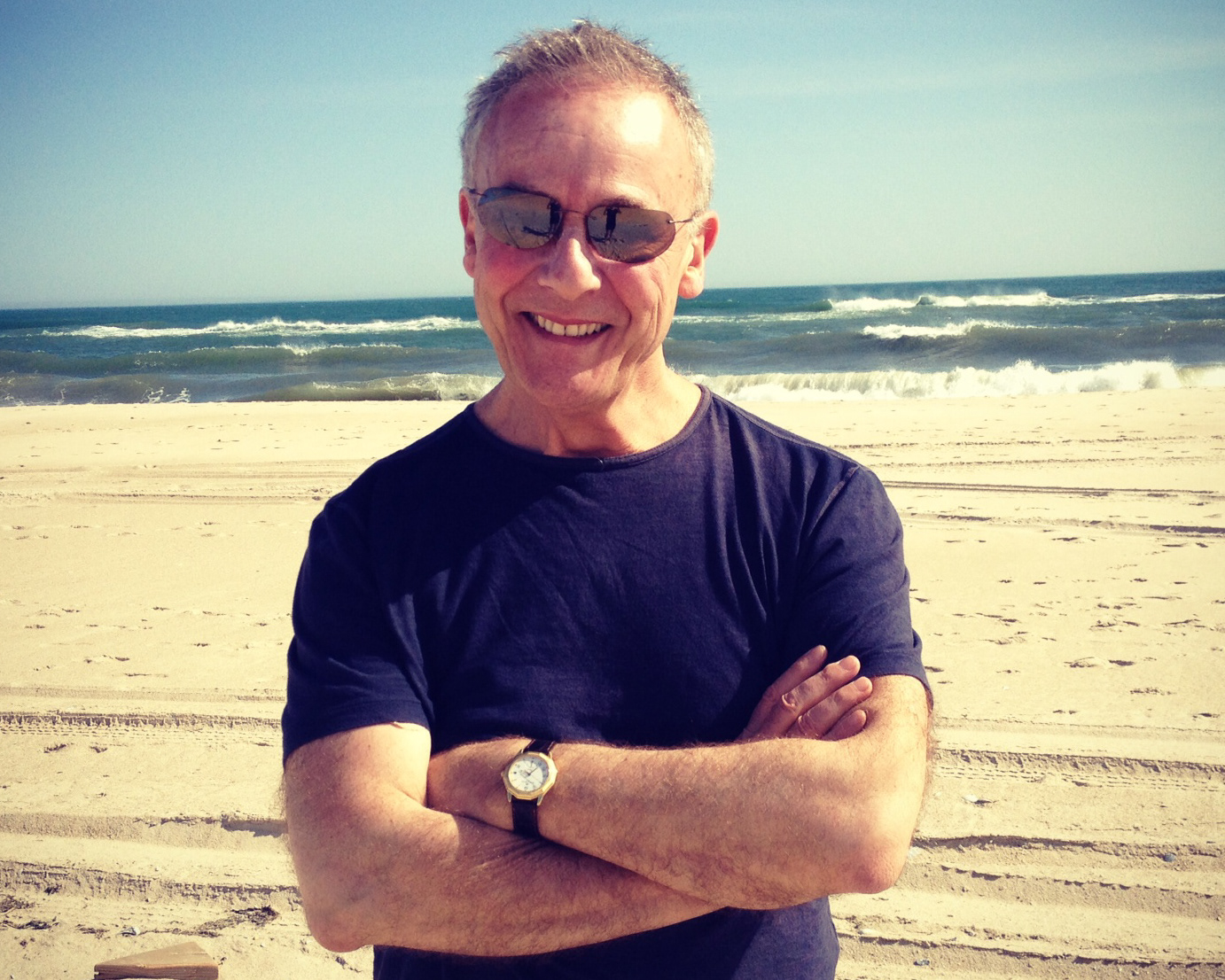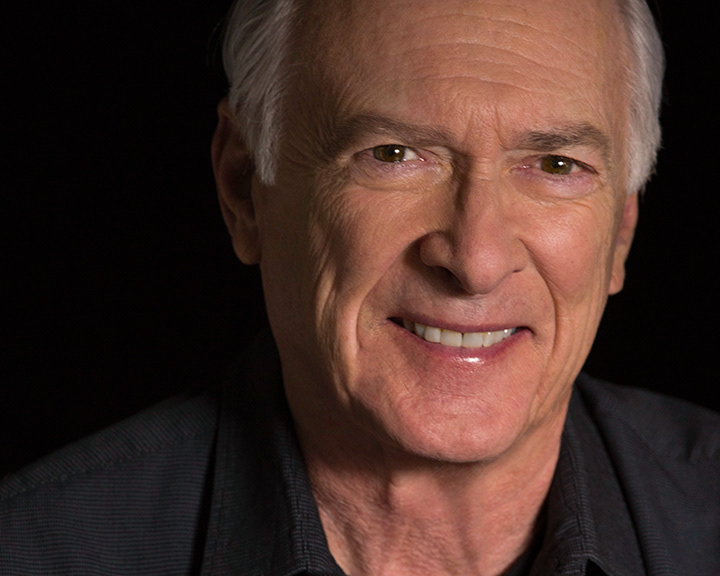The idea that a promotions/below the line type company could successfully transform into a creatively driven boutique is something that would make most of us launch into a series of eye rolls. But Tripp Westbrook isn’t most of us. He’s the son of ad legend Bill Westbrook, and he worked hard to make an award-winning name for himself at the Martin Agency, Riney, Fallon and GSD&M.
Back in 2007, Tripp saw a challenge instead of a write-off. Since then he’s managed to help that little company called Firehouse go from being a virtual unknown in the Dallas market to Southwest Small Agency of the Year and one of the hottest creative shops in the region. So yeah, if Tripp’s willing to offer some industry insights, we’re gonna listen up.
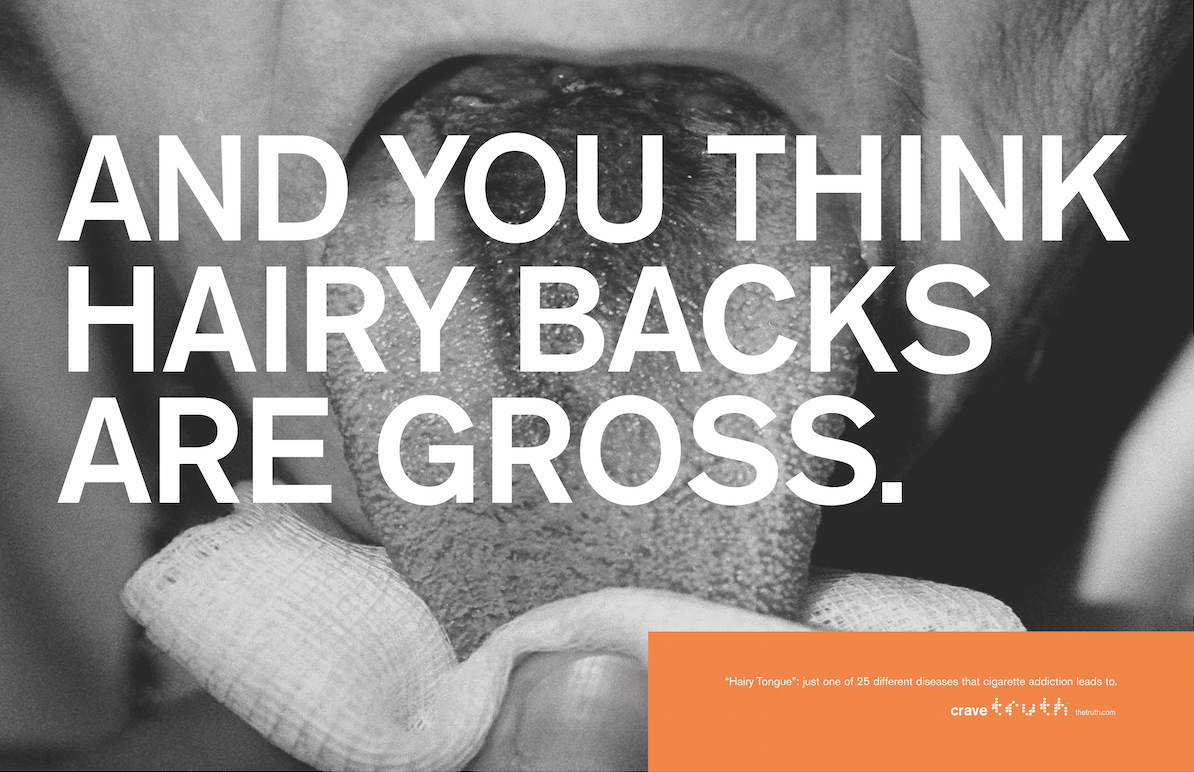
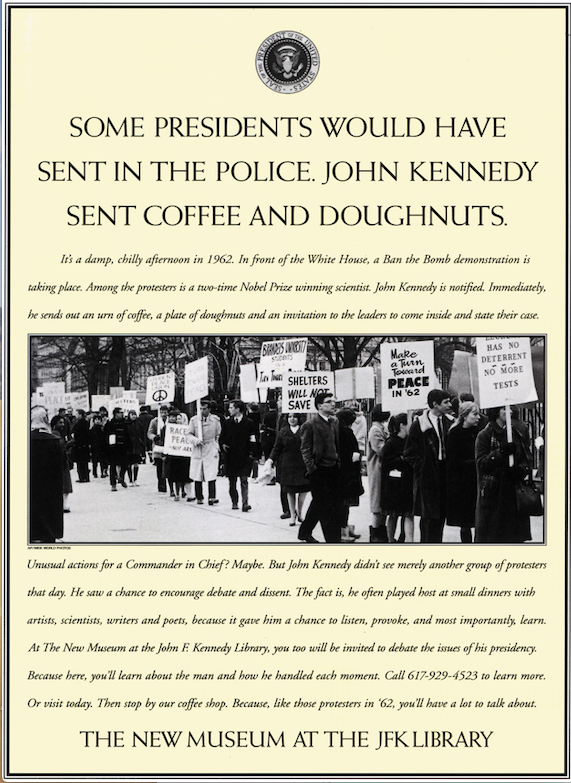

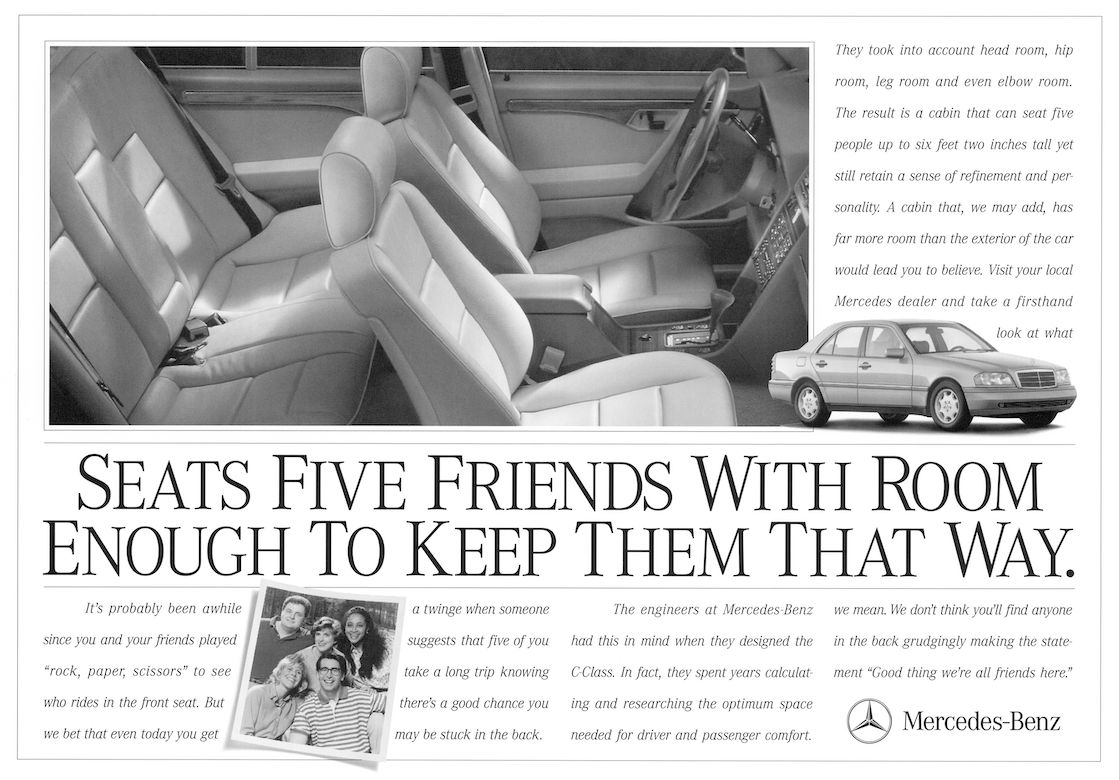

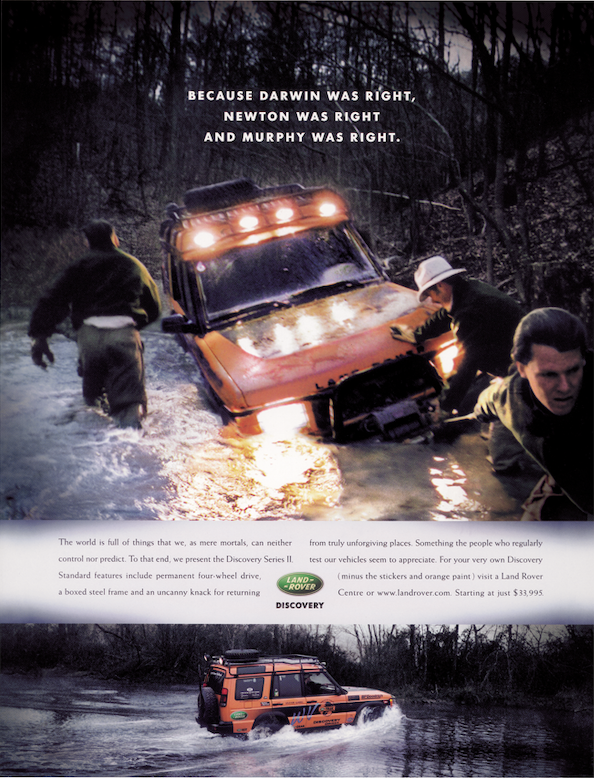
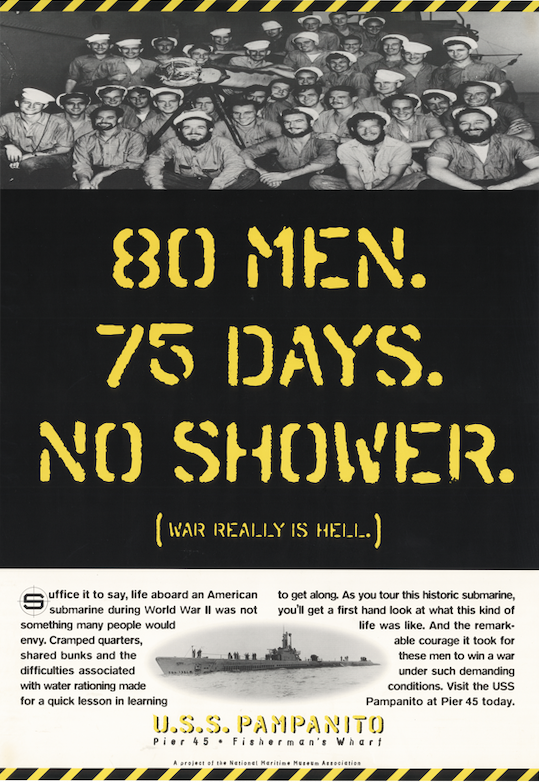
Is ageism in the industry something you thought about in your 30s? Your 40s?
In my 30’s and early 40’s I was so focused on growing my career and helping raise a family that the idea of being “old”, much less ageism, wasn’t even on my radar.
Is ageism something that’s affected you? What are some of the challenges you faced as a person who was getting older in the business? Do tell.
I don’t think it’s gotten in the way of anything I wanted to do. Or, if it did I wasn’t aware of it.
To me, one of the biggest challenges has been trying to decide what’s next. How do I begin to combine passions I’ve found outside of work with the skills I’ve learned through work? Will it support a retirement? I’ve spent my entire career aiming for the next rung without really spending too much time figuring out where I go once the ladder ends.
Like a lot of creative people, I struggle with insecurity about where I am, what I’m accomplishing and the place that I’m evolving to. I’m very thankful to have a career I enjoy and to have had the opportunity to work with some amazing people along the way. Overcoming those insecurities comes down to trusting myself, my work ethic and the experience I’ve gained from those amazing people and places.
When I started my career, I chaffed at always being seen as the “young one.” Now as I get older, I definitely don’t want to be seen as the “old one.” Being able to engage and relate to younger people in the agency helps me stay relevant and keeps me energized. Maybe they’re just humoring me. I probably did that too when I was their age.
"I’ve spent my entire career aiming for the next rung without really spending too much time figuring out where I go once the ladder ends."
Tell us about your own creative journey. What are your thoughts on where you are now, compared to your mindset when you were in the beginning of your career?
I used to think “man, if I ever got to own my own agency I’ll have it made”. And while I suppose by some metrics that’s somewhat true, being an owner now, I don’t think I’ve ever felt so exposed in my life. It’s both wonderful and terrifying, rewarding and devastating. I have a new found respect for anyone who can keep their agency afloat these days and am in awe of those who also had the strength to make their agencies great in the process.
Did the reality of the ad industry contribute to the decisions you made/the path you’ve taken?
The reality of this industry is that it isn’t overly kind to creatives who simply want to stay creatives. There’s lots of pressure to move into management (ACD, CD, ECD, GCD, OCD, LMNOP…etc). Management is theoretically where the money is and where the path goes. But not everyone is cut out for it. Nor should they have to be to earn a great living. The rise of the gig economy has mellowed this a bit, but freelancing still bares risk that some just aren’t comfortable with. For me, I climbed the ladder towards creative management because I wanted control of my path and because I enjoyed exercising different parts of my brain and skill sets.
"The reality of this industry is that it isn’t overly kind to creatives who simply want to stay creatives."
What do you feel creative people over 50 can offer over someone 20 years their junior, things that are unappreciated, or just plain overlooked?
I think one of the biggest things we can offer is perspective. When you’re young you spend a lot of time dealing with what’s right in front of you. The benefit of age and experience is knowing that not every fire drill is created equal. Not every decision is career making (or breaking). Maybe this is called maturity. I don’t know. Another thing I think we can offer is understanding. Virtually any issue they run into will be something we’ve encountered many times before. If not, we know at least four people to call who’ve dealt with it.
What is your advice to people who are nearing or over 40 in the ad industry?
One thing I would say is that relationships matter. There are times when you get older when you’re going to need help. You may need an opportunity, or a job, or a new client or even sound advice. The relationships you cultivate now can make all the difference down the road. Mostly what I’m saying is, don’t be an asshole. This business is too small and has a long memory where people are concerned. Be sincere, help others when you can whether it benefits you or not and conduct yourself with integrity.
How are you approaching the next 10 years? What does your future hold?
Honestly? I’m approaching it one day at a time. I stopped trying to predict too much of what’s ahead. That said, I don’t know that I ever plan to fully retire. I’m still super competitive and working hard to grow the agency and build its reputation. I’m more cognizant of my role as an elder statesman so I’m trying to give back, share some of my experiences and hopefully prepare some of the younger folks around me for the next chapter in their lives.
What do you see as potential solutions for ageism in the industry? Any thoughts on possibly unionizing?
Well, being successful is certainly one way to fend off ageism.
It seems telling that just about everyone featured on this website essentially answered “not really” to the question of whether or not they’ve been affected by ageism. The people featured here are all fairly successful industry vets with terrific resumes, accolades and work.
They both create and attract opportunities in such a way that I don’t think ageism would ever keep them from their goals. But that’s not everyone’s path. The people ageism hurts the most are normal advertising folks whose careers may be less visible and more vulnerable. Whose options are more limited and wake up one day in a place they never expected.
Awareness is a great first step. The next is a re-framing of the value older folks can bring. Experience brings with it a host of benefits and these need to be put into context beyond just salary and overhead.
"The people ageism hurts the most are normal advertising folks whose careers may be less visible and more vulnerable. Whose options are more limited and wake up one day in a place they never expected."
What are some positive things you’ve experienced as you’ve grown older in the business?
Man, I’ve met so many great people in this business. Heck, a lot of them are featured on this website. I can point to each of them and know specifically how they impacted me and when. I’m so thankful for that. Sure, the work can often be rewarding, but it’s the friendships I’ve made along the way that stick with me.
I’ve also learned to trust myself more often. I’ve learned to trust others when I don’t trust myself. I don’t like failure, but I respect it. I’ve accepted that I’m not now, nor ever have been cool. I’ve also realized that the things that make me happy at work are often the least tangible.
Who do you look to for inspiration?
I’m incredibly inspired by (and slightly jealous of) my friends who’ve taken risks and worked hard to make them pay off. I love a success story. Even more when I know the main characters.
I’ve also found fear to be very inspiring. Staying ahead in this business is a lot like that recurring dream where something’s chasing and you try to run but you keep stumbling and your legs don’t work right. For some reason you keep going even though you know at any moment it’s going to end badly. Then somehow you wake up and everything’s ok. But is it?

